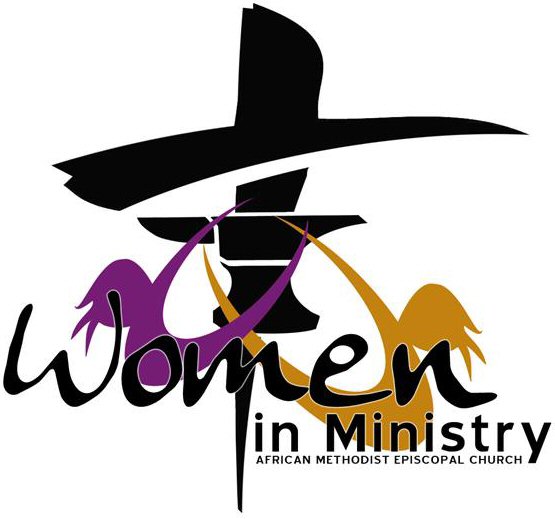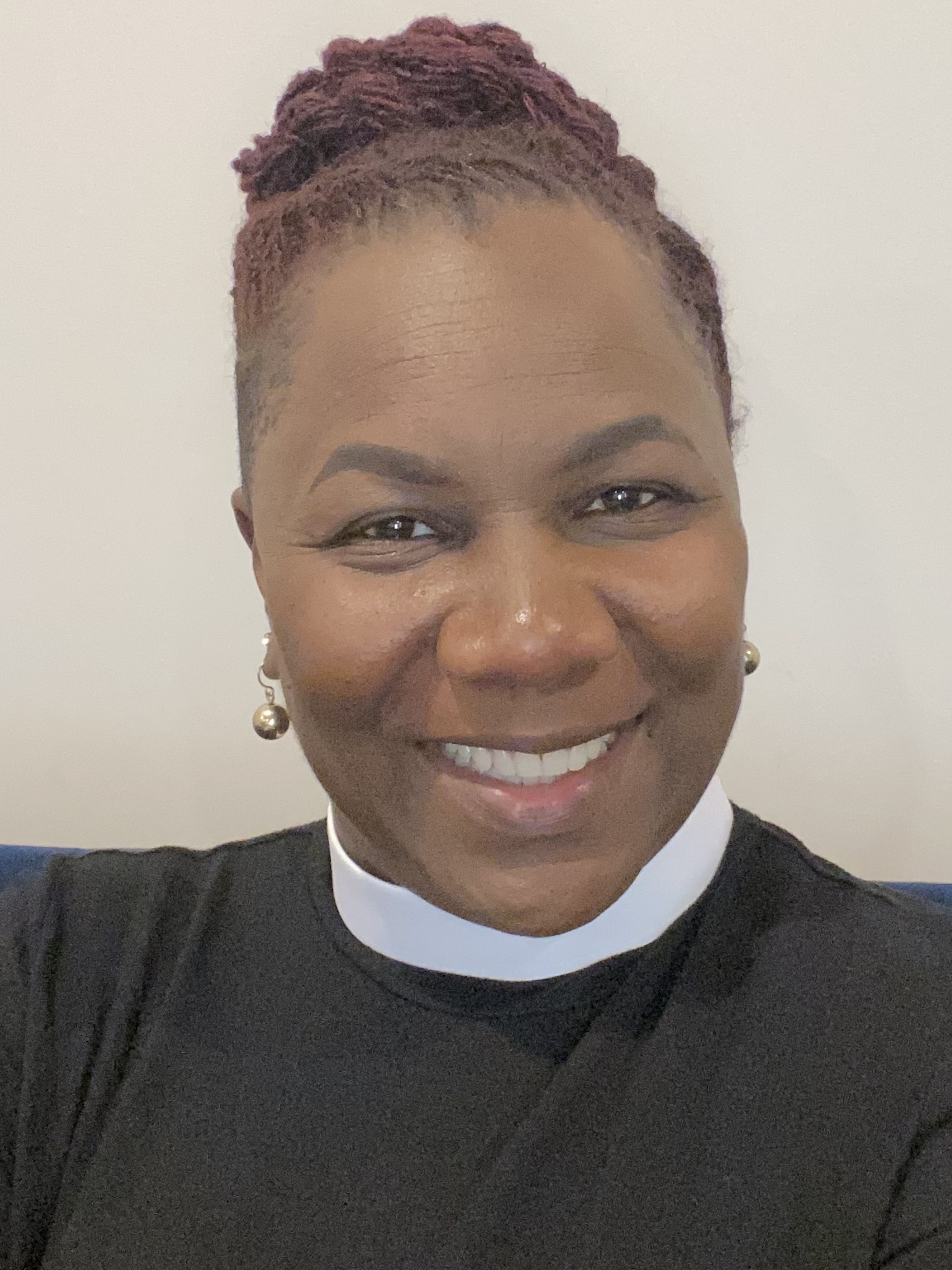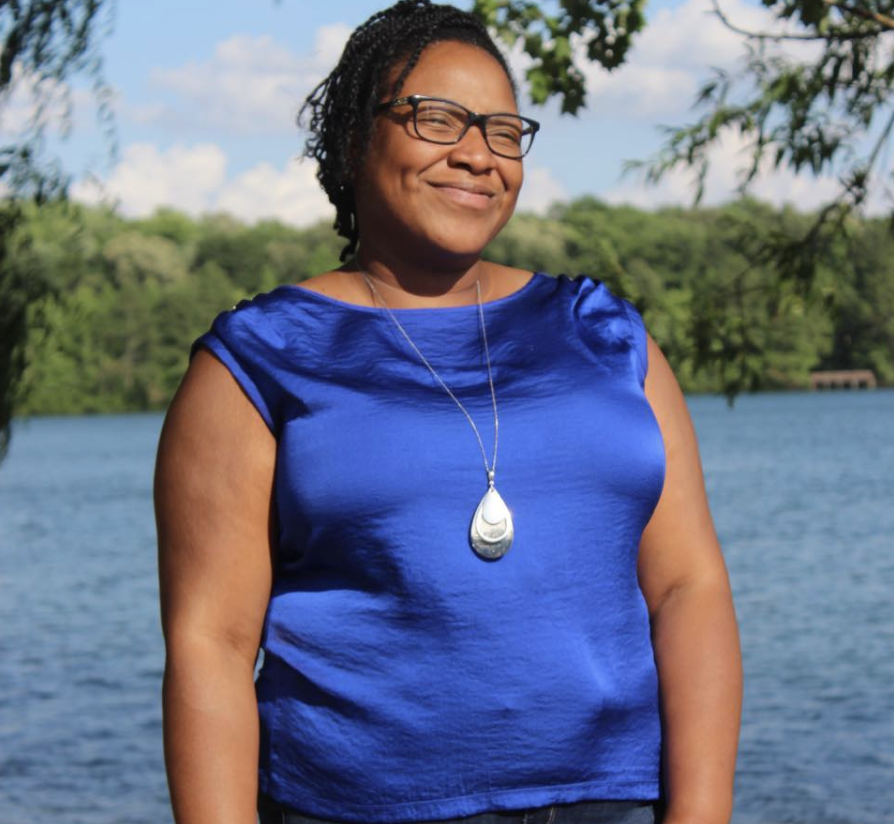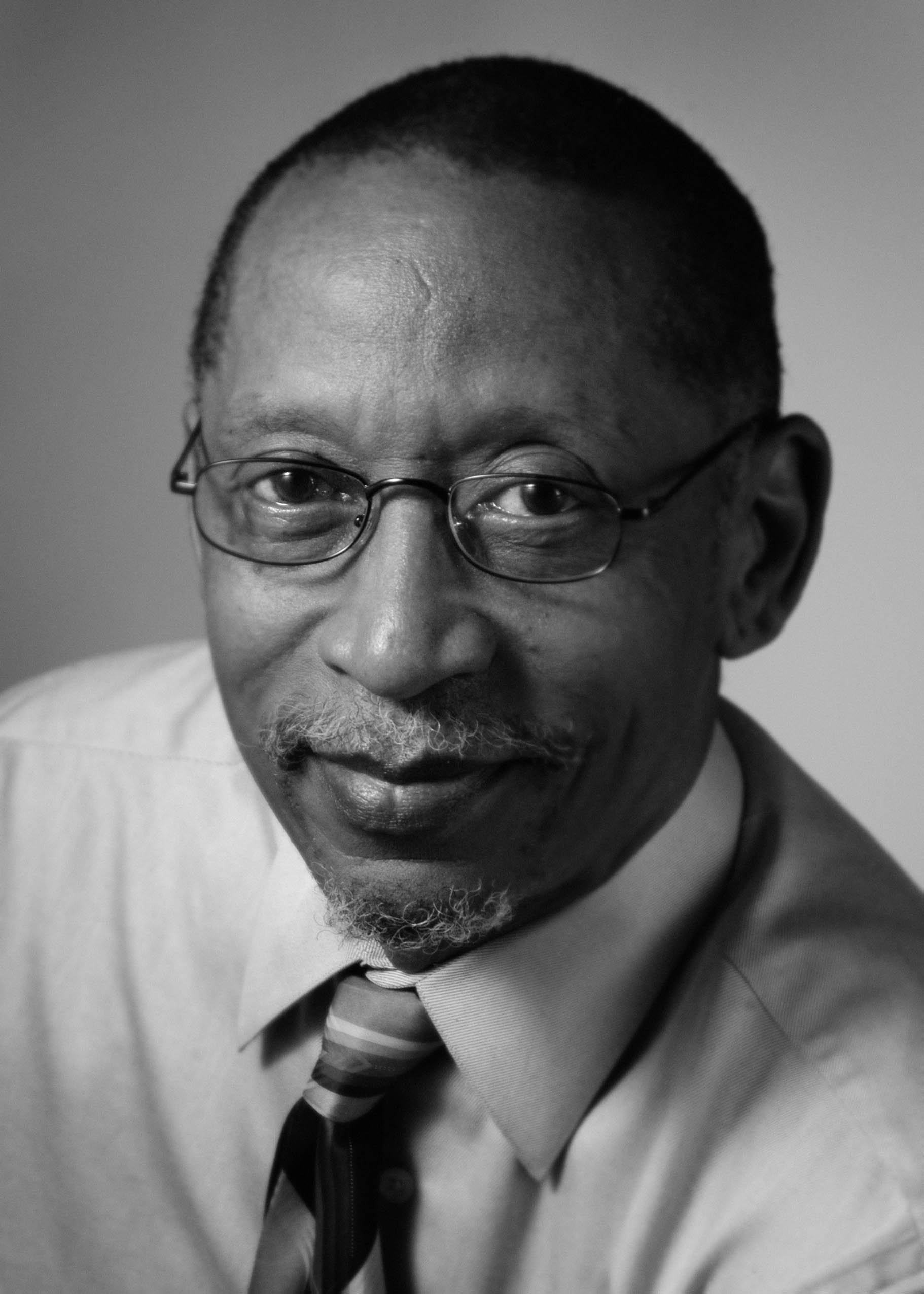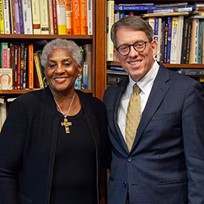Understanding Privilege
By Rev. Dr. Erika D. Crawford, Connectional AME/WIM President
At the General Board meeting held in December 2016, the General Board voted to adopt a resolution on Gender Justice and Equality. The resolution, presented by the Commission on Women in Ministry, dealt with the collective commitment of the AME Church to confront issues around equity and gender justice in our churches, communities, and politics. This unanimously adopted resolution wasn’t another invitation for us to say that there are gender injustices and disparities but rather was an invitation for us to give serious reflection on how they impact the church and reflect our Christian witness.
Over the last 200 years, from the licensing of Jarena Lee in 1819 to the election of Bishop Vashti Murphy McKenzie in 2000, many have worked to move us progressively forward. However, we still find ourselves challenged by cultural expectations, oppressive systems, and discriminative policies and protocols that work to sustain a hierarchy that places men in key positions of leadership, influence, and power. This is privilege, more specifically male privilege.
The origins of the term “privilege” can be traced back to the 1930s when W.E.B. DuBois wrote about the “psychological wage” which allowed whites to feel superior to blacks. Privilege comes in a myriad of forms including race, gender, wealth, physical fitness, safety, educational attainment, and height. However, the people who have those things are usually unaware of their power and influence.
Privilege, at its pith, is the advantage or benefit of an individual based solely on their social status. It is not conferred upon a person as an individual but rather on a larger societal group, which may make it difficult for one to own their privilege. Privilege is about accommodations that work in your favor without you even asking. The challenge with privilege particularly in the church is that it often requires that we conform or subscribe to a toxic norm that contradicts the gospel.
Benefiting from privilege doesn’t make one a “bad person.” According to Peggy McIntosh, an American feminist, anti-racist, and scholar, privilege may not be “the result of a concerted effort to oppress those of the opposite gender, however, the inherent benefits that males gain from the systemic bias put women at an innate disadvantage… The benefits of this unspoken privilege are often described as special provisions, tools, relationships, or various other opportunities.” Thus, we must look circumspectly at how we as a community of faith work for gender justice in the same ways we are working for political justice, criminal justice, environmental justice, and economic justice.
If you’ve never given the concept of privilege any thought, we close by challenging you to look through a different lens with hopes that it will be a gateway for future dialogue. Change starts with awareness and it is our hope that the examples below help lead to change.
Ten examples of privilege:
- If I don’t get the promotions, I can be reasonably sure that it’s not because of my gender.
- In my local church, you saw people in leadership like you.
- I’ve never felt that I was put on a program or invited to a meeting just because they needed a “token” man.
- I have the privilege of being unaware of my male privilege.
- People have never assumed that I am the church secretary or the pastor’s spouse.
- I’ve never had to defend my call because of my gender.
- I’ve never walked into a room and thought to count how many men were there.
- I’ve been invited to preach for days other than gender days, e.g., Men’s Day.
- I can expect to see your genderrepresented at all levels of leadership in the church.
- You don’t have to take a special class to hear about your gender contribution.

